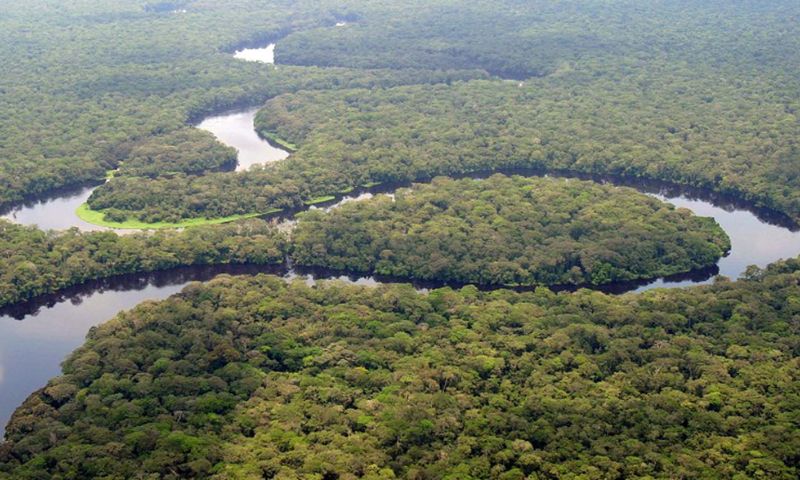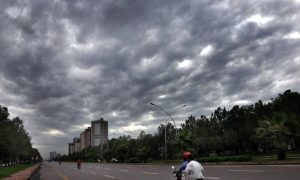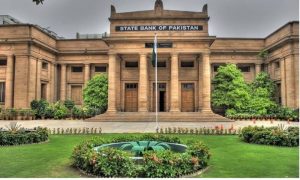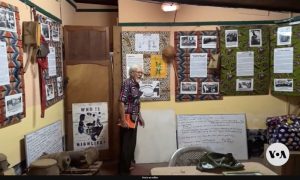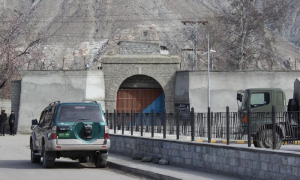KINSHASA: The conference in the Democratic Republic of Congo (DR Congo) has sounded the alarm over the converging interests of conservation and agriculture, raising concerns about the future of central Africa’s vital rainforests.
The Congo Basin forest, covering a vast expanse of 1.6 million square kilometers (over 625,000 square miles), is often referred to as “the second lungs of the planet,” second only to the Amazon, as it plays a crucial role as the world’s second-largest carbon sink. This vital ecosystem is not only vital for global climate stability but is also teeming with biodiversity, including iconic species like elephants and gorillas. However, the region faces numerous threats, including poaching, deforestation, and illegal logging.
Over the course of a three-day regional meeting held in the capital city of Kinshasa, participants from civil society, indigenous groups, and various governments voiced “strong concerns” regarding the “immediate threats” confronting the Congo Basin forests. These threats encompass deforestation, forest degradation, climate change, and unsustainable agricultural practices, as outlined in a final declaration reached on Thursday.
Significance of DR Congo Conference
More than 200 attendees from various sectors joined the conference, highlighting the urgent need “to find a balance between conservation and food sovereignty” in the Congo Basin. They emphasized the potential of agro-ecology as a fundamental solution for establishing resilient food systems capable of withstanding the challenges posed by climate change while supporting local communities.
The participants also expressed their support for the land rights of indigenous communities and underscored the importance of battling the monopolization of land resources in the region.
The Congo Basin spans six countries, namely Cameroon, Central African Republic, Congo Brazzaville, DR Congo, Equatorial Guinea, and Gabon.









